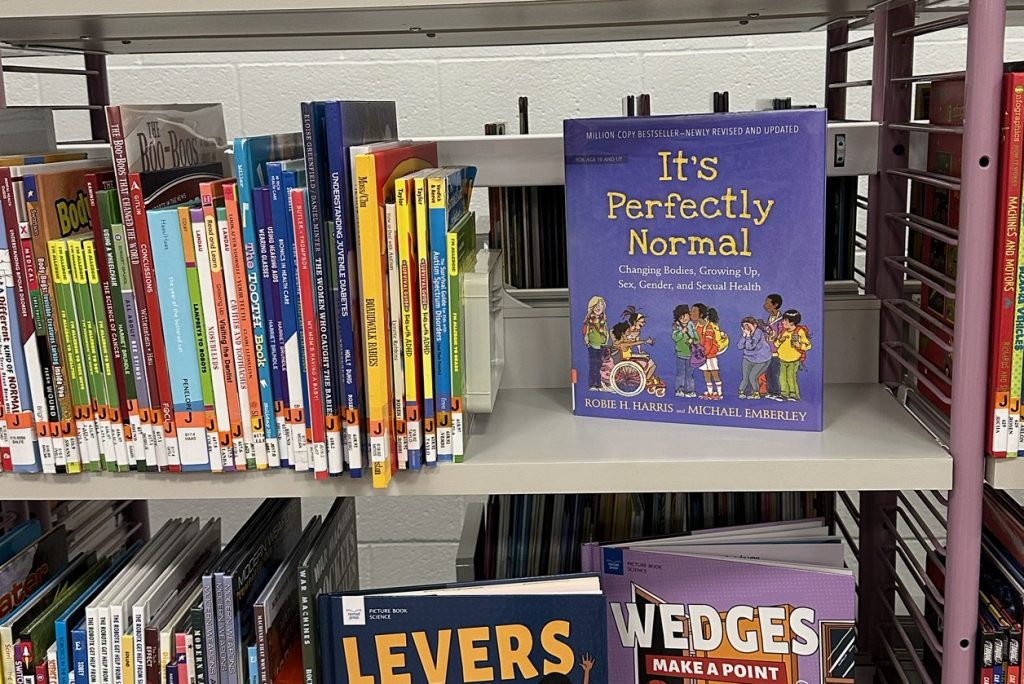Federal Judge Rules Crawford County Library Cannot Separate LGBT Books from Children’s Section

On Monday a federal judge in Fort Smith ruled the Crawford County Library cannot place pro-LGBT books in a “social section” separate from the library’s children’s section. The case underscores the growing division in Arkansas over public libraries being used to promote pro-LGBT material to kids.
In 2022 the Crawford County Library System removed LGBT-themed children’s books from the children’s section of the library at the request of the quorum court and placed the books in a separate area of the library.
To be clear, the library did not remove the LGBT books from circulation. It gave the books their own shelf space away from other children’s books.
However, three individuals sued Crawford County in federal court. On Monday U.S. District Judge P.K. Holmes, III ruled against Crawford County — meaning the books must be put back in the children’s section.
Unfortunately, this is not an isolated incident. The Jonesboro public library has been at the center of multiple controversies over its decision to place books with sexually-explicit images in its children’s section and for failing to adopt a policy that separates sexual material from children’s books.
The library in Jonesboro even went so far as to post on Facebook that it isn’t the library’s responsibility to protect kids from obscenity.
Other public libraries in Arkansas have failed to separate pro-LGBT books and sexual material from children’s material as well.
Families should be able to take their children to the library without worrying what their children might see, and taxpayers should not be forced to subsidize pro-LGBT library books or graphic novels that depict explicit images of children.
We trust our federal courts ultimately will agree and let local communities like Crawford County protect children from inappropriate material in public libraries.
Articles appearing on this website are written with the aid of Family Council’s researchers and writers.





